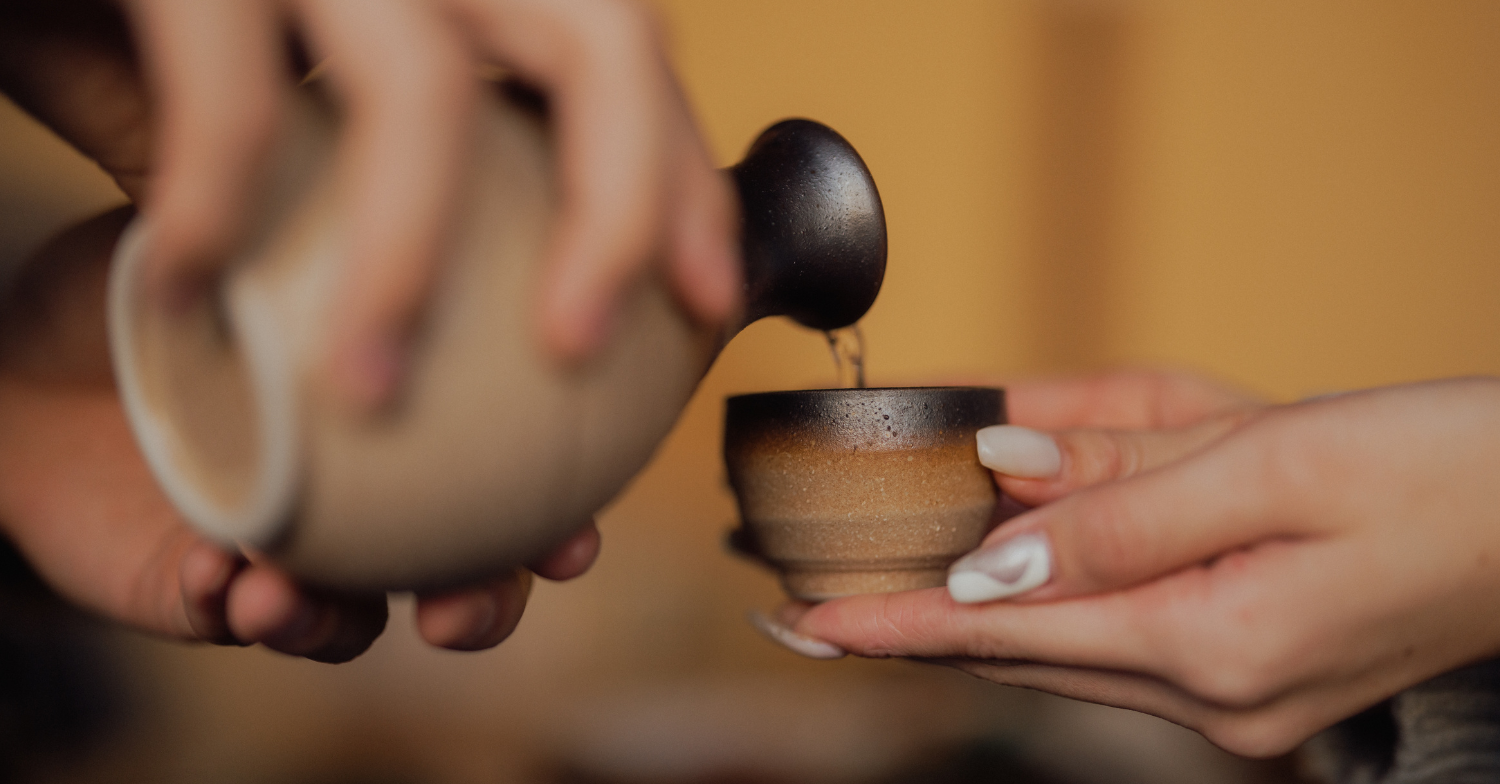
The story of Mary and Martha, found in Luke 10:38-42 and John 11:12, provides insight into two different approaches to worship and devotion. The way each sister responds to Jesus shows lessons about how we can honor God in our daily lives. Let’s take a look at what their actions teach us and how we can apply these principles to our worship practices in today’s times.
Mary: Worship Through Adoration and Focus

Mary is remembered for her profound attentiveness to Jesus. In Luke 10:39, we read that "Mary...sat at the Lord's feet, listening to what he said." Her posture shows humility, reverence, and a relentless focus on Jesus—these are qualities that can be found in authentic worship. She prioritized her time in His presence, and Mary shows us that our worship should be intentional with a heart-felt connection with God.
In John 12:3, Mary’s actions also reflect sacrificial worship. She anoints Jesus’ feet with expensive perfume and wipes them with her hair. She demonstrates her deep love and recognition of His worth. There is a great cost to this act of worship, but she holds nothing back. It reminds us that true worship requires us to give our best to God, whether it's our time, resources, or talents.
Our Application for Today:
-
Set aside uninterrupted time for prayer, Bible study, or quiet reflection.
-
Offer God our best by dedicating our skills or resources for His glory.
-
Cultivate a heart of gratitude and focus on God’s presence even during life’s distractions.
Martha: Worship Through Service and Hospitality

Martha, on the other hand, exemplifies worship through active service. Luke 10:40 shows her busy as she prepares to host Jesus and His disciples. Her thoroughness and hospitality are commendable, but Jesus gently points out that Martha is "worried and upset about many things" (Luke 10:41). She is so preoccupied with her tasks that she misses the opportunity to rest in Jesus' presence.
Martha’s faith does shine when she states in John 11:27, "I believe that you are the Messiah, the Son of God." This confession emphasizes that, even though she had earlier distractions, Martha had a deep trust in Jesus. Reading her story reminds us that our service is an essential expression of worship, but it also must be balanced with a heart that is tuned to God.
Our Application for Today:
-
We should use our gifts to serve others as an act of worship, whether through hospitality, volunteering, or acts of kindness.
-
Avoid letting our busyness overshadow our relationship with God, we have to incorporate moments of rest and reflection.
-
Keep our focus on Jesus, so that our service comes from a place of love rather than obligation.
Finding Balance in Worship
Mary and Martha’s story teaches us that worship is both an act of being and doing. Mary’s devotion shows the importance of spiritual intimacy, and Martha’s service underscores the value of action. Jesus says in Luke 10:42, "Mary has chosen what is better," this reminds us that our worship begins with a heart that is aligned with God.
Today, in our fast-paced world, it’s important that we find this balance. It’s tempting for us to prioritize tasks or feel the need to constantly achieve, but remember we’re called to first rest in God’s presence. If we start from that place of connection, we can then effectively serve. By doing this, we reflect His love to those around us.
Practical Tips for Modern Worship
Incorporating worship into our daily lives can feel challenging, but it is possible with intentionality and focus. Modern worship is about blending our connection to God with the practicalities of our contemporary life. Here are some simple yet impactful ways to grow in worship today:
-
Create a Daily Worship Routine: Dedicate time each day to prayer, Scripture reading, or worship music.
-
Practice Gratitude: Reflect on God’s blessings and thank Him regularly.
-
Serve with Joy: Identify opportunities to serve your family, church, or community and approach them with a worshipful heart.
-
Limit Distractions: Use tools like apps or journals to focus your worship time and avoid interruptions.
-
Incorporate Rest: Allow yourself to step away from responsibilities to recharge spiritually.
The lives of Mary and Martha give us timeless lessons about worship. Mary’s devotion and Martha’s service are complementary aspects of honoring God. When we embrace both approaches, we can develop a worshipful lifestyle that glorifies God in everything we do. Let’s strive to choose “what is better” and find the balance between adoration and action in our daily walk with Christ.

